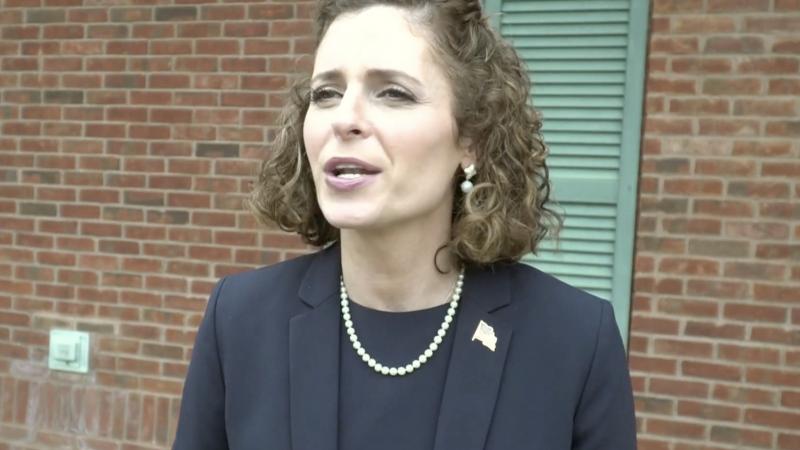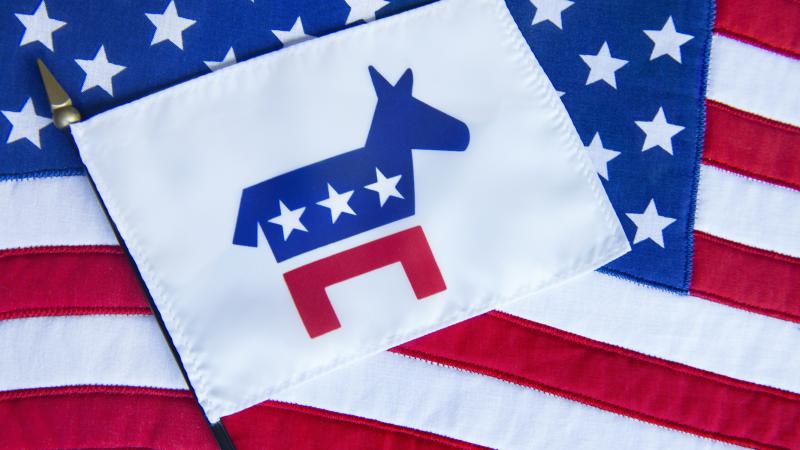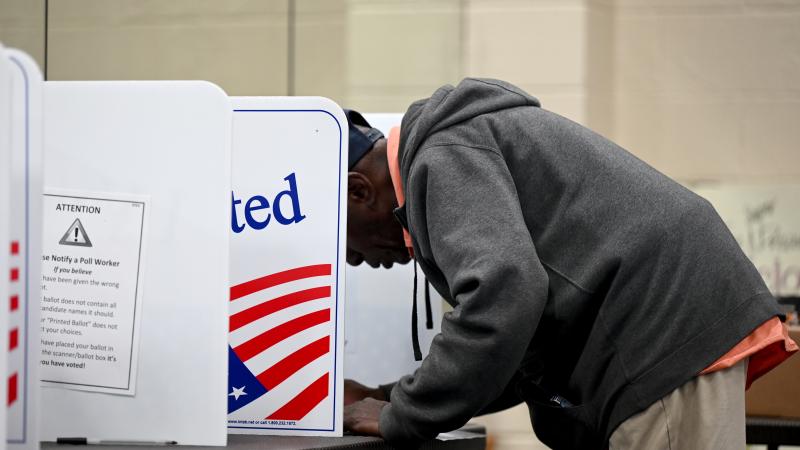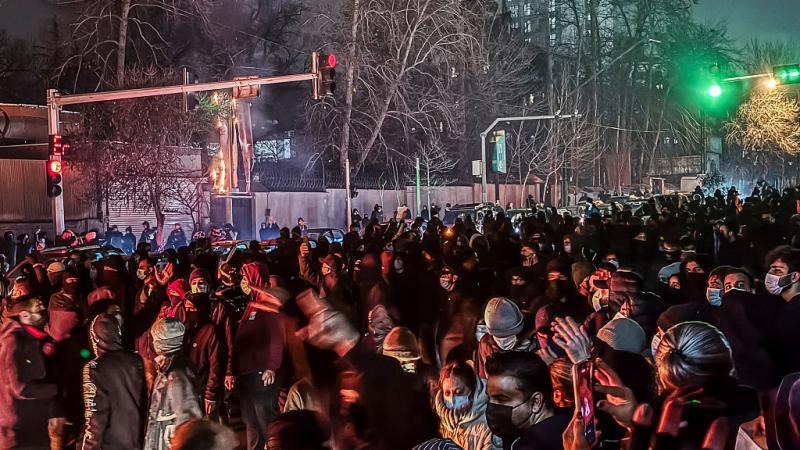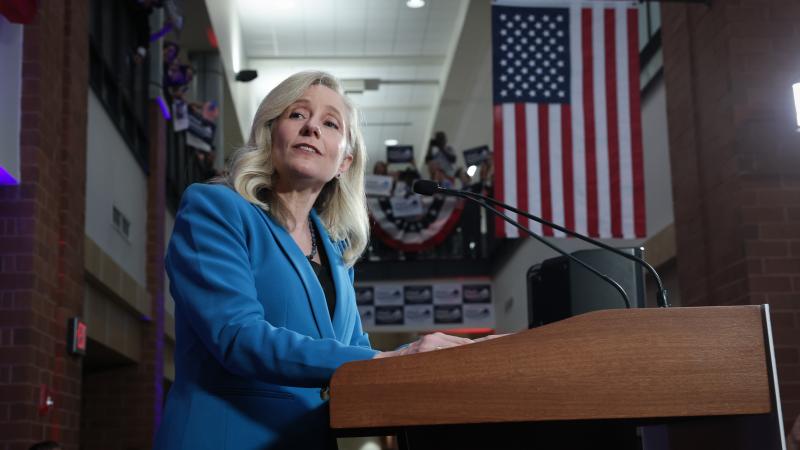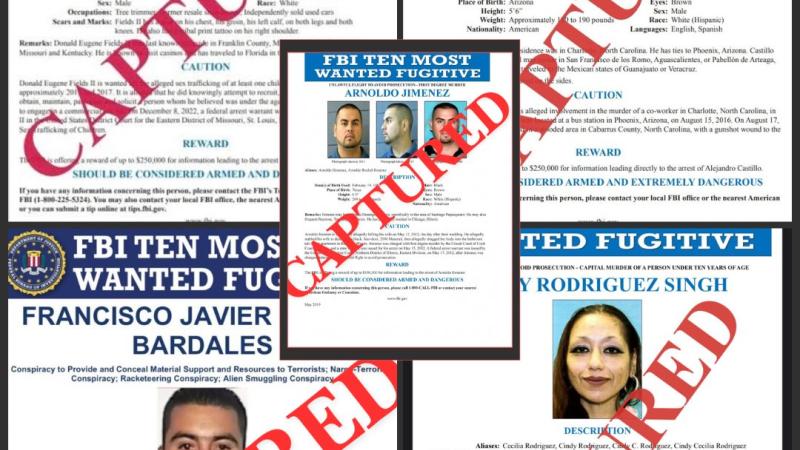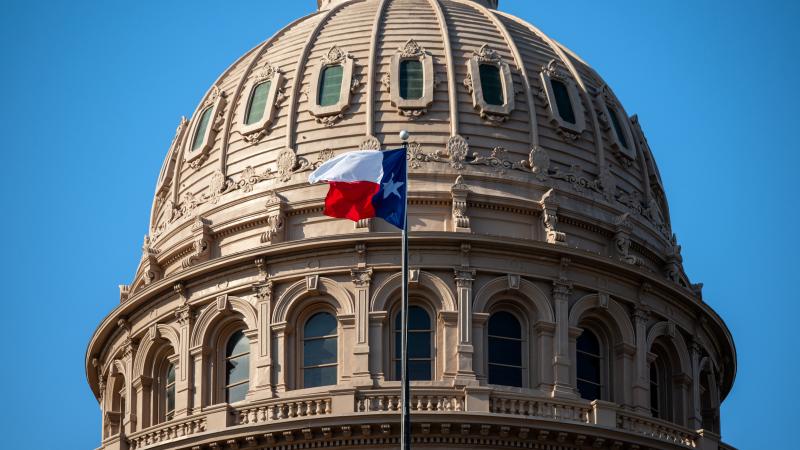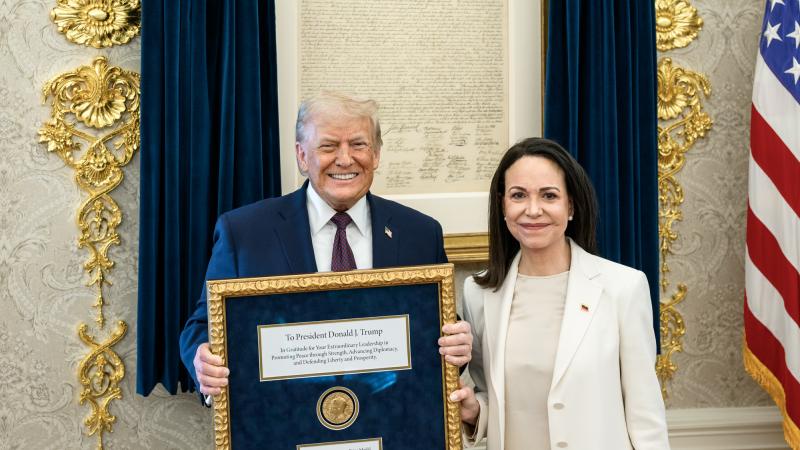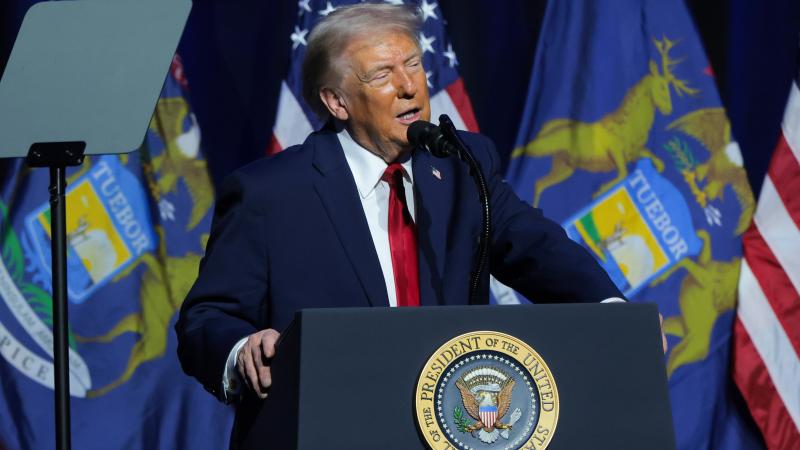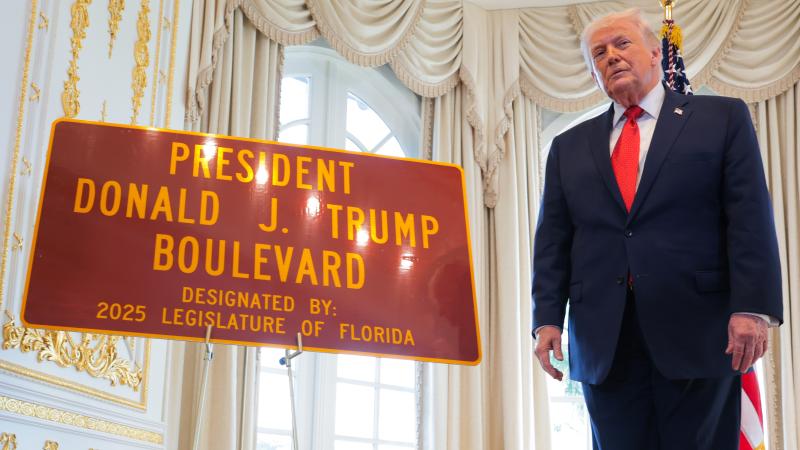Nearly 5k allegedly illegal voter registrations found on Milwaukee voter rolls ahead of WI election
The grassroots group’s challenges to the registrations were unsuccessful because the city election commission declined to investigate them.
Nearly 5,000 allegedly illegal voter registrations on Milwaukee voter rolls have been found by an election integrity watchdog ahead of the Wisconsin elections on Tuesday.
With the high-profile elections for the Wisconsin Supreme Court and enshrining voter ID in the state constitution just days away, Fair Elections Wisconsin (FEW) challenged 4,878 allegedly illegal voter registrations that had cast ballots in the November election in Milwaukee. The grassroots group’s challenges were unsuccessful, however, as the city election commission declined to investigate them.
FEW President Justin Gavery on Wednesday submitted a list of 4,878 allegedly illegal voter registrations to the Milwaukee Election Commission. Ballots were cast in the November election for all 4,878 of these voter registrations.
According to Wisconsin Elections Commission (WEC) data and United States Postal Service’s National Change of Address data reviewed by FEW, there are 281 voters who moved out of the county before October 24th, 2024, and 377 who moved out of state before that date.
On the commission’s website, it states that people registering to vote must include their complete and current full name and residential address.
However, according to FEW’s review of the data, instead of registering with their correct residential address, 2,926 addresses have missing or incorrect apartment/suite/unit numbers; 540 voters moved from the registered address; 501 physical addresses have been changed to P.O. boxes; 217 voters left no forwarding addresses before October 24th; 24 registered voters used commercial addresses (usually UPS or FedEx stores), and 11 used a U.S. Post Office address.
In FEW’s legal challenge to the voter registrations that was submitted to the commission, the group states, “We are formally challenging each registration in the city of Milwaukee’s municipality and ask for each of the noted problems and irregularities be resolved. Specifically, to a) refer for prosecution those who registered unlawfully – such as to a UPS store, b) send out postcards, c) turn the registrant to Inactive status.”
FEW met with the commission on Wednesday to challenge the registrations and their votes from the November election.
Gavery told Just the News on Thursday that the commission tried to dismiss FEW’s voter registration challenges until they mentioned the potentially illegal votes that were cast by these registrants in the November election.
“We had them cornered, so they did a closed session,” Gavery said.
After FEW waited for about a half an hour for the commission to conduct its closed session, they were called back in and told by the commission that the challenges wouldn’t be accepted.
When Gavery asked the commission if they were interested in looking into potential voter fraud, he was told, “Meeting adjourned.”
Gavery told Just the News that the voter registrations weren't cross-referenced to determine voters’ political parties, so they could be Democrat and Republican, and that this isn’t a partisan issue.
The commission didn’t respond to a request for comment on Friday.
While Wisconsin went for President Donald Trump in the November election, 49.7%-48.9%, Milwaukee County went for the Democratic Presidential nominee, then-Vice President Kamala Harris, 68.3%-29.8%.
Wisconsin is holding elections on Tuesday, April 1, for statewide and local offices and a proposed constitutional amendment. Two of the most high-profile elections are the state Supreme Court and the ballot initiative to enshrine voter ID into the state constitution.
State law already requires voter ID to cast ballots, but Wisconsin voters will decide Tuesday whether to add it to the state constitution. State Rep. Rob Kreibich, who supports the proposed constitutional amendment, wrote in January to explain the need for the amendment.
“For clarification, photo ID is already required by Wisconsin State Statute. But a ‘yes’ vote would amend the Wisconsin Constitution to include this requirement, which will further protect the integrity of the voting system from our leftist-activist WI Supreme Court. I believe this constitutional amendment will also increase future voter turnout,” Kreibich wrote.
Meanwhile, the state Supreme Court race is close and expensive, with early voting ongoing until Sunday.
Democrat-backed Dane County Circuit Court Judge Susan Crawford is running for state Supreme Court justice against Republican-backed Waukesha County Circuit Court Judge Brad Schimel.
A poll released by Wisconsin Manufacturers & Commerce earlier this month found that Schimel and Crawford were tied in the race, 47%-47%, with 5% of likely voters undecided.
The poll was conducted by OnMessage Inc., on March 9-10 among 600 likely Wisconsin spring election voters, with a margin of error of +/- 4%.
The nonpartisan election for the high court seat is the second time in two years that the majority of the state Supreme Court is up for grabs.
The last election for a seat on the high court resulted in a liberal majority after the conservatives had held the majority for 15 years. Since the new majority was seated, two election cases were decided by the liberal justices, and conservatives are concerned that issues like voter ID could soon be brought before the court.
The current majority on the court is four liberal justices to three conservatives. Last April, liberal Supreme Court Justice Ann Walsh Bradley announced that she would not seek reelection. Bradley will leave her post July 31.
Election spending has reached nearly $81.5 million in the race, and might reach $100 million by Election Day.
More than $17 million has been spent by groups funded by Tesla CEO Elon Musk, who is supporting Schimel. Musk also gave the Wisconsin Republican Party $3 million this year.
Schimel has raised more than $12 million, including more than $6 million from the Wisconsin Republican Party. Meanwhile, Crawford has raised more than $25 million for the race thus far, including $5.5 million from the Wisconsin Democratic Party.
Crawford’s financial supporters include progressive billionaire George Soros and Illinois Gov. J.B. Pritzker (D). Soros donated $1 million to the Wisconsin Democratic Party, and Pritzker gave the state party $500,000.
Early voting totals are already nearly 48% more than this point in the prior Wisconsin Supreme Court election. Ballots have been returned either by mail or in person by more than 345,000 voters, compared to about 233,000 at this time in the 2023 state Supreme Court election.
The Facts Inside Our Reporter's Notebook
Documents
Links
- commissionâs website
- November election
- enshrine voter ID
- wrote in January
- Kreibich wrote
- state Supreme Court race
- poll
- nonpartisan election for the high court seat
- announced
- reached $81.5 million
- reach $100 million
- $17 million has been spent
- raised more than $12 million
- donated $1 million
- Pritzker gave
- Early voting totals
